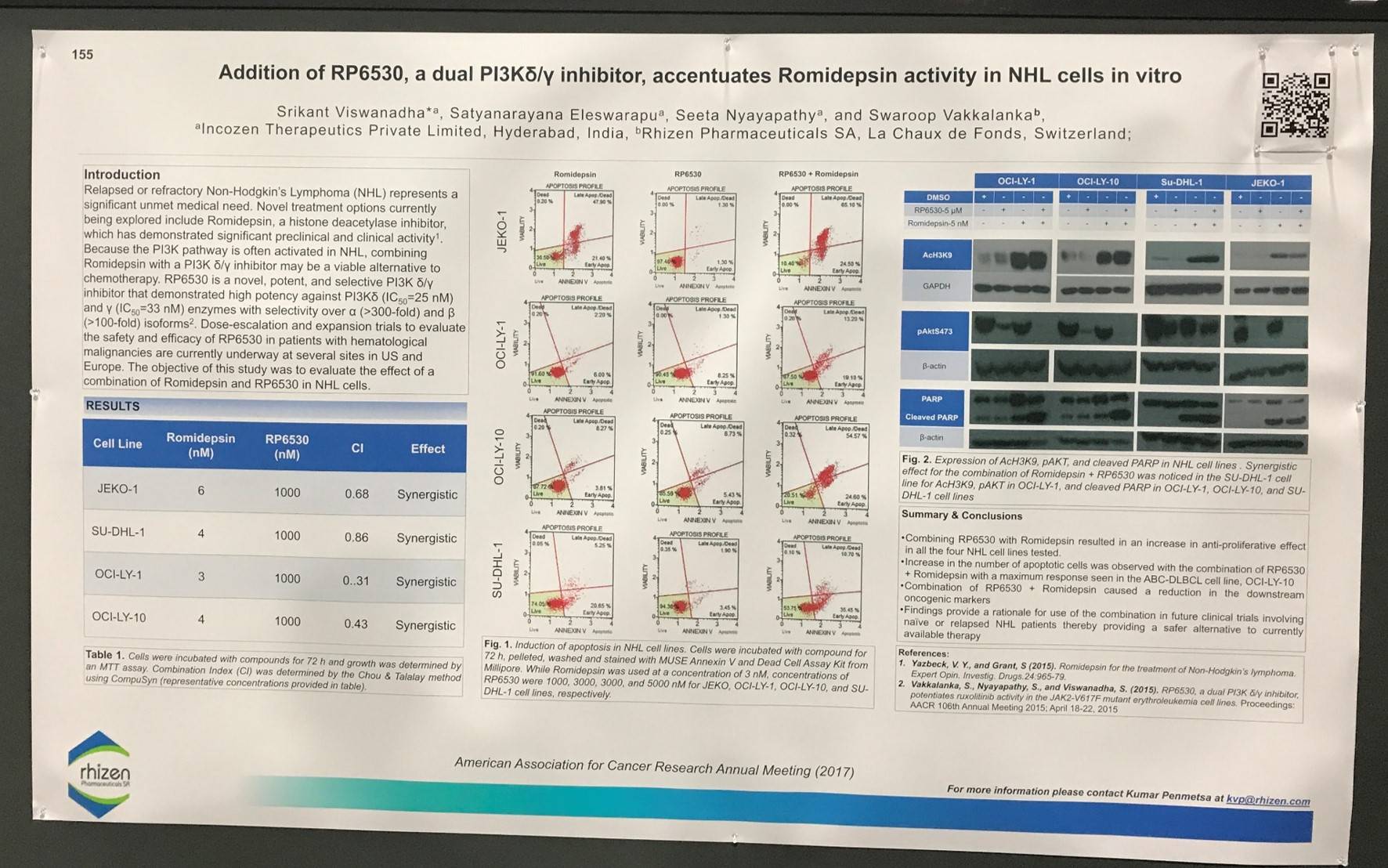All content on this site is intended for healthcare professionals only. By acknowledging this message and accessing the information on this website you are confirming that you are a Healthcare Professional. If you are a patient or carer, please visit the Lymphoma Coalition.
The Lymphoma Hub uses cookies on this website. They help us give you the best online experience. By continuing to use our website without changing your cookie settings, you agree to our use of cookies in accordance with our updated Cookie Policy
Introducing

Now you can personalise
your Lymphoma Hub experience!
Bookmark content to read later
Select your specific areas of interest
View content recommended for you
Find out moreThe Lymphoma Hub website uses a third-party service provided by Google that dynamically translates web content. Translations are machine generated, so may not be an exact or complete translation, and the Lymphoma Hub cannot guarantee the accuracy of translated content. The Lymphoma Hub and its employees will not be liable for any direct, indirect, or consequential damages (even if foreseeable) resulting from use of the Google Translate feature. For further support with Google Translate, visit Google Translate Help.
AACR 2017 | Poster 155/22 – Addition of RP6530, a dual PI3Kδ/γ inhibitor, accentuates romidepsin activity in Non-Hodgkin Lymphoma cells in vitro
Bookmark this article
This year’s American Association for Cancer Research (AACR) annual meeting took place on 1–5 April in Washington, DC, USA. The program committee Chair was Kornelia Polyak, MD, PhD, from the Dana-Farber Cancer Institute, Boston, Massachusetts.
On Sunday 2nd April, a poster (155 / 22) by Srikant Viswanadha, from Incozen Therapeutics Pvt. Ltd, et al. titled “Addition of RP6530, a dual PI3Kδ/γ inhibitor, accentuates Romidepsin activity in NHL cells in vitro” was presented.
The group evaluated the combination of romidepsin and RP6530, a potent and selective dual PI3Kδ/γ inhibitor, in multiple NHL cell lines: OCI-LY-1, OCI-LY-10, RAJI, DAUDI, TOLEDO, JEKO, MAVER, and SU-DHL-1.
Key Highlights:
- Synergism/additivity between RP6530 and romidepsin for anti-proliferative activity was observed in all tested cell lines
- The combination was most efficacious in JEKO, OCI-LY-1, OCI-LY-10, and SU-DHL-1 cells
- Incubating cells with 3–5nM romidepsin and 3 or 5μM RP6530 resulted in a 2–5-fold increase in total apoptotic population
- Romidepsin (1–5nM) and RP6530 (1–5μM) induced a G0/G1 arrest (2–3-fold) with a corresponding increase in apoptotic cell percentage
- Treatment with RP6530 reduced pAKT expression by 40–90% across cell lines
- Romidepsin plus RP6530 enhanced expression of cleaved PARP (8–60-fold) versus either agent alone
The poster concluded by stating that adding RP6530 increased the activity of romidepsin in NHL cells. This provides a rationale for using this combination in future clinical trials with newly diagnosed or relapsed NHL patients, as it presents a potentially safer alternative to current therapy.

- Viswanadha S. et al. Addition of RP6530, a dual PI3Kδ/γ inhibitor, accentuates Romidepsin activity in NHL cells in vitro [Poster]. In: Proceedings of the 107th Annual Meeting of the American Association for Cancer Research; 2017 Apr 1-5; Washington, DC. Philadelphia (PA): AACR; 2017. Poster nr [155 / 22].
More about...

Understanding your specialty helps us to deliver the most relevant and engaging content.
Please spare a moment to share yours.
Please select or type your specialty
 Thank you
Thank youNewsletter
Subscribe to get the best content related to lymphoma & CLL delivered to your inbox








